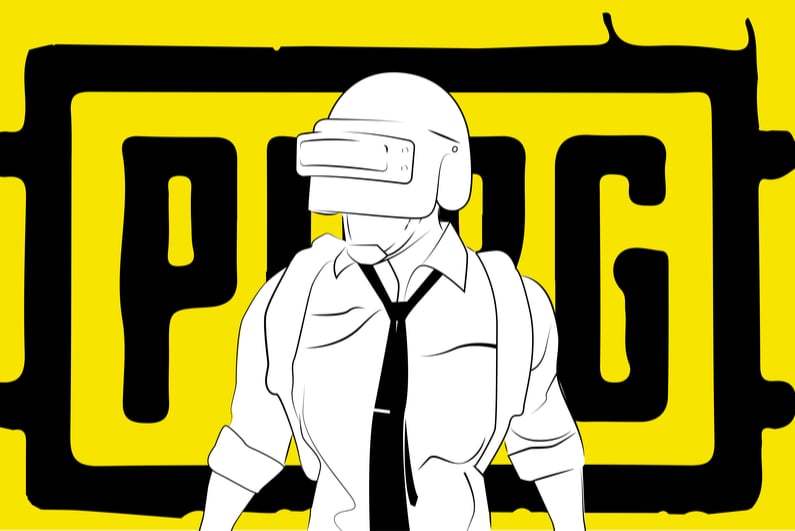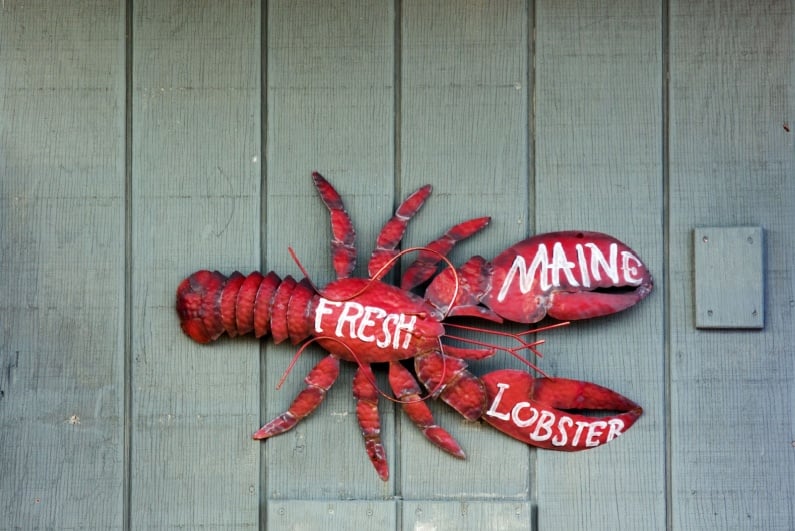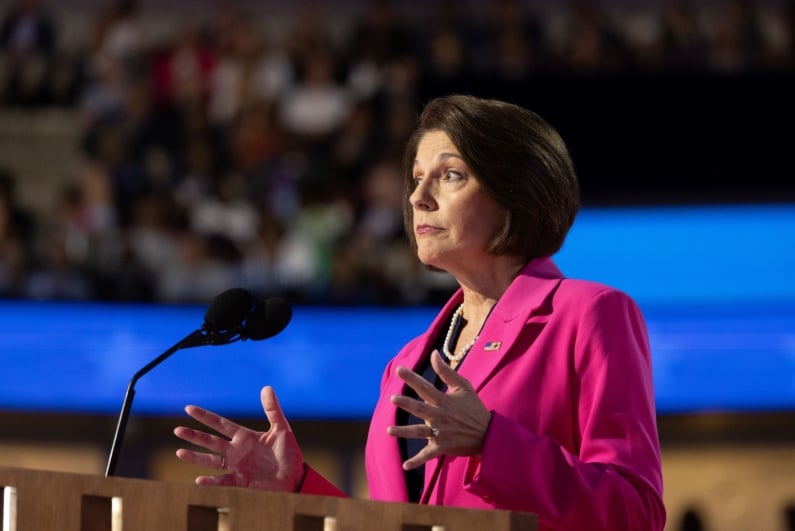30-second summary
- All PUBG loot boxes have been pulled in the Netherlands and Belgium
- Move follows EA’s withdrawal from Belgium
- Dutch government vote imminent on new gaming law
- Loot box investigations underway in US and Australia
PUBG has withdrawn its paid loot boxes with immediate effect in Belgium and the Netherlands. The gaming company made this move after being investigated by the Dutch Gambling Authority (Kansspelautoriteit, or KSA).
EA withdrew its loot boxes in Belgium on January 31, following a long fight with the regulator in that country. Despite declaring its loot boxes were not akin to gambling, EA finally backed down in the face of multi-million dollar fines.
EA’s decision stopped the sale and resale of FIFA points in its FIFA 18 and FIFA 19 games. Players had to spend real money to buy these points, which they could then use to purchase in-game card packs. Both the points and the card packs could be traded on third-party resale platforms.
Trading in loot boxes
Both the KSA and Belgium’s Gaming Commission have ruled that loot boxes constitute an “illegal game of chance.” While games of chance are not in themselves illegal, they become illegal when they offer inter-player trading.
According to the KSA: “The content of these loot boxes is determined by chance and the prizes to be won can be traded outside of the game: the prizes have a market value. Offering these types of games of chance to Dutch consumers without a license is prohibited.”
PUBG’s action also means that players who still hold keys to unopened loot boxes will not be able to trade those keys on third-party platforms. They will, however, be able to use them up themselves. And because loot boxes that can be opened with paid-for keys will still be available in other countries, it seems that players in the Netherlands and Belgium could access them for free.
Legal moves
The KSA ran an extensive review in 2018 on loot boxes, declaring games such as CSGO, FIFA 18, Dota 2, and Rocket League illegal under the terms of the Betting and Gaming Act.
Game developer Valve disabled loot boxes and in-game trading in its Counter-Strike: Global Offensive and Dota 2 games immediately after KSA published its findings.
Valve’s action was viewed as the first step in a new regulatory war on loot boxes and chance gambling.
Tomorrow, February 5, the Dutch parliament will vote on the Remote Gaming Bill, which is expected to pass by a slim majority. The bill is wide-ranging and covers casinos and licensing, and advertising. It also contains clauses on games of chance and whether they deceive consumers – a clear indicator of a forthcoming tough legal crackdown on loot boxes.
Investigations outside Europe
In the US, Senator Maggie Hassan asked the Federal Trade Commission to investigate the legality of loot boxes. Following PUBG’s decision to pull its loot boxes in the Netherlands, she has asked the FTC’s chair Joseph Simons for an urgent update on its inquiry.
In November 2018, Hassan told an FTC hearing: “Loot boxes are now endemic in the video game industry and are present in everything from casual smartphone games to the newest, high budget releases.” She noted that by 2022, loot boxes could become an industry worth up to $50bn (£38.3bn).
Hassan had previously persuaded the Entertainment Software Rating Board to review how it rates loot boxes. The ESRB is responsible for rating video games in the US. It ruled that all video games that contain microtransactions must now include a warning on the packaging or platform.
PEGI, which is the European counterpart of the ESRB, said it was discussing the matter on warnings. It already insists that apps and online games platforms must carry a notice about in-game purchases. It is now investigating adding warnings to packaging for games sold on CD-ROMs.
In Australia, the Senate is still researching loot boxes and has yet to agree on regulation. It has requested that the Department of Communications and the Arts meet with regulators to examine legal loopholes with a view to closing them.




